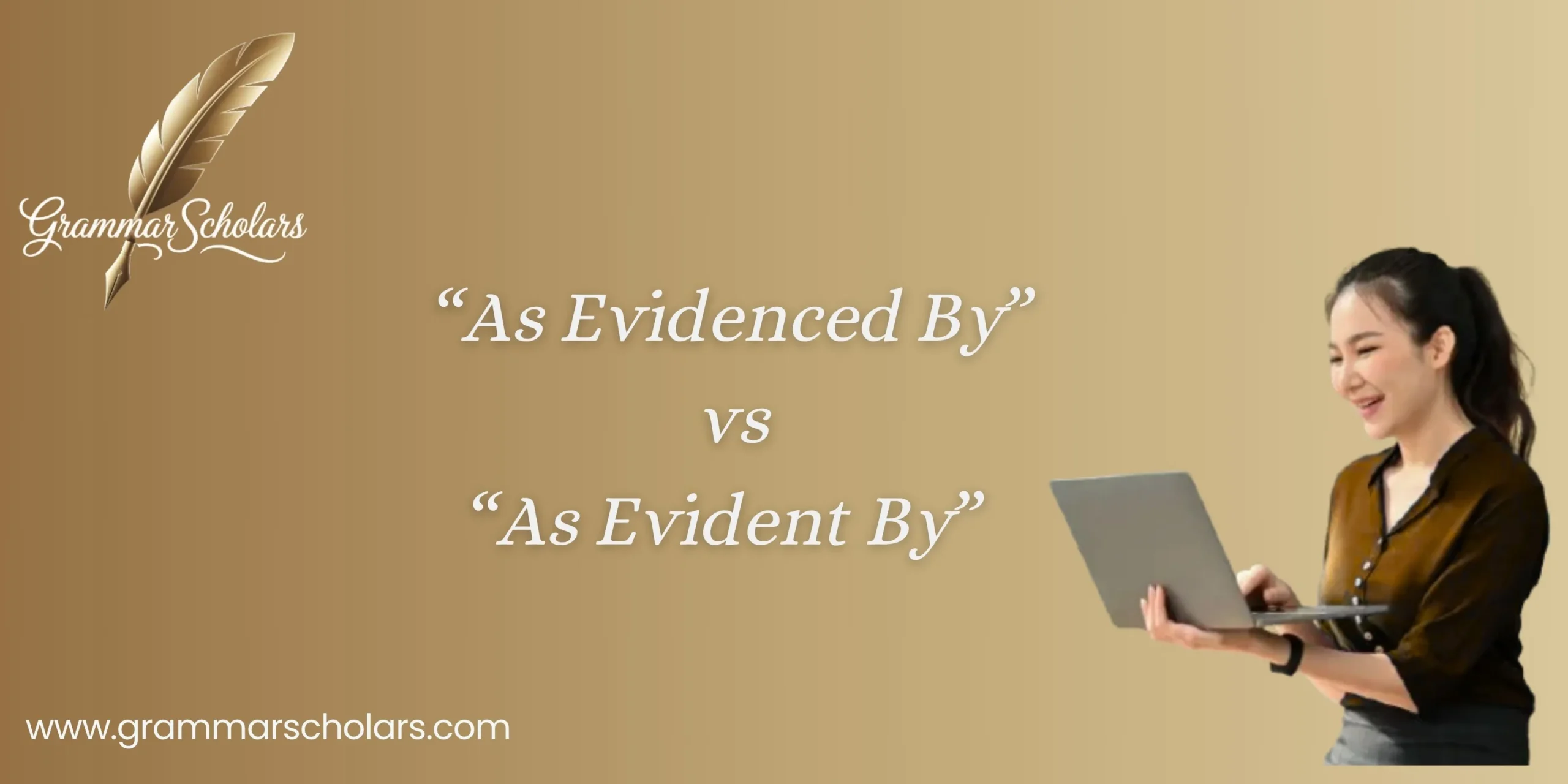“Who to Contact” or “Whom to Contact”
During my years of teaching English, one of the most common questions from speakers has been about who and whom and whether they’re using the right one. It’s a classic debate, especially when we casually say “Who should I call?” in everyday conversation, but then wonder if that should become “Whom should I call?” in … Read more




















